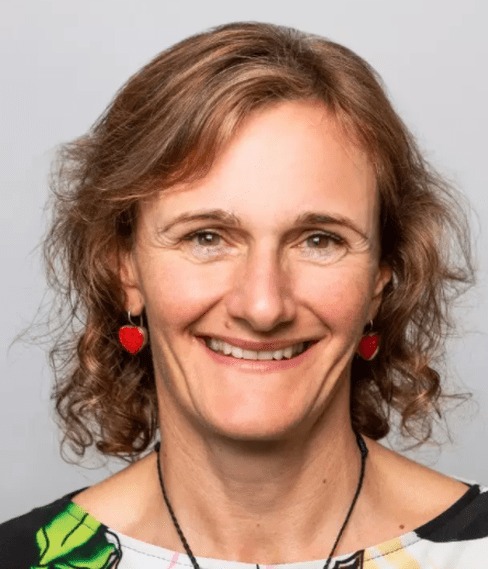A collective of organisations have come together to plan and develop housing solutions for taitamariki across Whangārei facing homelessness.
Whangārei community health leader Ngaire Rae is steering the 155 Whare Awhina-led project, which is calling on 16 to 24-year-olds across the district to participate in an anonymous survey.
“When people think about homelessness, they don’t realise how much an issue it is for young people as it tends to be hidden.
“Young people who go from house to house might not consider themselves homeless, because they’ve always got a place to sleep, but they don’t have their own home,” says Rae.
155 Whare Āwhina Chief Executive Officer Liz Cassidy-Nelson says the initiative is timely and important considering the current COVID lockdown level 3 and the impact tighter restrictions have on taitamariki.
“If things are already strained at home then this can be an even more difficult time for taitamariki. We really encourage young people to reach out for support if they need it,” says Cassidy-Nelson.
The project is funded by the Ministry of Housing and Urban Development (MHUD) and is supported by Whangarei Youth Space, Te Ora Hou, Ngati Hine Hauora, Pehiāweri Marae, Northland Urban Rural Mission and Mahitahi Hauora.
“We have come together based on awareness that taitamariki in Whangārei do not have housing solutions that allow their safe transition into adulthood with mana”, says Cassidy-Nelson.
Statistics reveal Northland has the highest rate of severe housing deprivation in the country, and young Māori in the region are eight times more likely to access an Emergency Housing Grant than non-Maori.
Young people who have a disability, mental health issues, are young parents, takatapui or have been in care are also more likely to experience homelessness and the poor wellbeing that follows, says Rae.
“Sadly this is the result of a stigmatising and discriminatory society. A young person can legally leave home at 16 but find they can’t get a tenancy agreement until they’re 18.
“We know that homeless taitamariki are under greater emotional and mental distress, and more likely to have poor access to healthcare, strained family relationships, less connection to schooling and peer friendships, increased risk of violence, and more concerns about safety,” says Rae.
The three-stage project will develop taitamariki/youth-specific models of housing to explore fit-for-purpose solutions.
The initial stage involves the development of an evidence-based and youth-led housing plan for Whangārei.
“We want to make sure the voice of young people is central to the plans that are developed to address youth housing and homelessness,” says Rae.
Through October and November, young people aged 16 to 24 who have experienced homelessness - and those who have not – were invited to complete an anonymous survey. Interviews with individuals and groups of young people experiencing housing are also planned.
“We know the needs of young people are many and varied and hope a wide range of responses will help us better understand what housing deprivation looks like for them, and what support is required.” says Rae.



